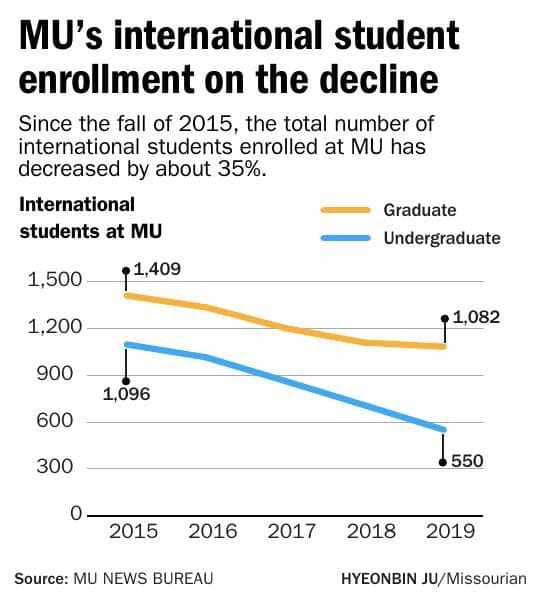US Higher Education Faces Projected $7 Billion Loss from International Student Decline

Washington D.C. – The United States faces a potential economic loss of nearly $7 billion and over 60,000 jobs due to a projected sharp decline in international student enrollment for the upcoming academic year. This forecast, primarily from NAFSA: Association of International Educators, raises significant concerns about the global competitiveness of American universities and the wider U.S. economy.
Preliminary projections by NAFSA and JB International, based on SEVIS and State Department data, indicate a potential 30-40 percent drop in new international student enrollment this fall, leading to an estimated 15 percent overall reduction. These figures underscore the substantial financial and intellectual contributions international students make, which NAFSA CEO Fanta Aw highlighted, stating, "This analysis... should serve as a clarion call to the State Department that it must act to ensure international students and scholars are able to arrive on U.S. campuses this fall."
Several factors are driving this anticipated decline. Key among them are the suspension of student visa interviews, limited appointment availability at consulates in major sending countries like India, China, and Nigeria, and new visa bans targeting students from 19 countries. Additionally, stricter social media vetting protocols for visa applicants and changes to the H-1B visa program are contributing to the unwelcoming perception for prospective students.
The impact extends beyond direct economic contributions, threatening the research and academic landscape. Patrick Allard, a public health scientist at the University of California, Los Angeles, expressed concern, noting, "It's going to make our environment less dynamic overall because it's through the exchange of ideas that we gain momentum or we maintain the competitiveness that we have." He emphasized the invaluable talent international students bring to research teams and academic labs.
States like California could face over $1 billion in losses, with other states such as New York, Illinois, and Massachusetts also projected to see significant economic setbacks. NAFSA has urged the State Department to implement policy solutions, including expedited visa appointments and processing, and exemptions for F and M students from current travel restrictions, while maintaining necessary background checks. However, some experts suggest that policy changes alone may not fully reverse the damage, as the current uncertainties make the U.S. less appealing to international talent.